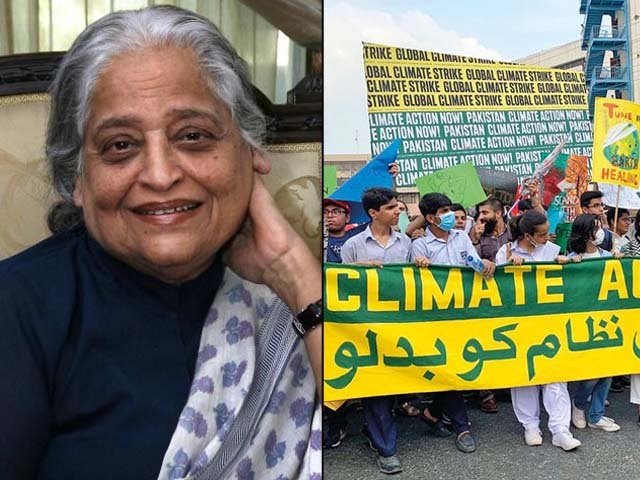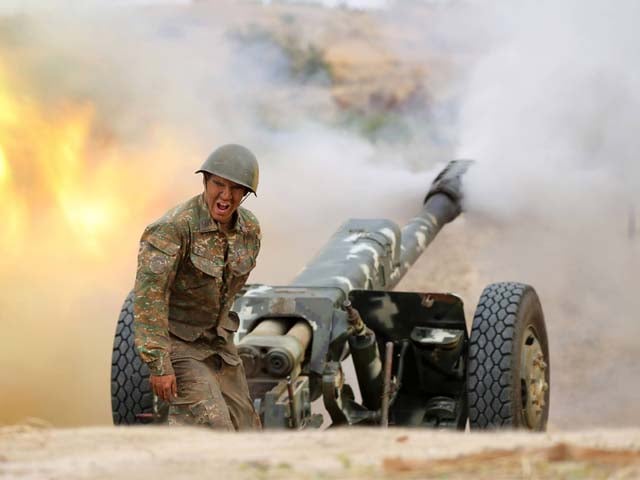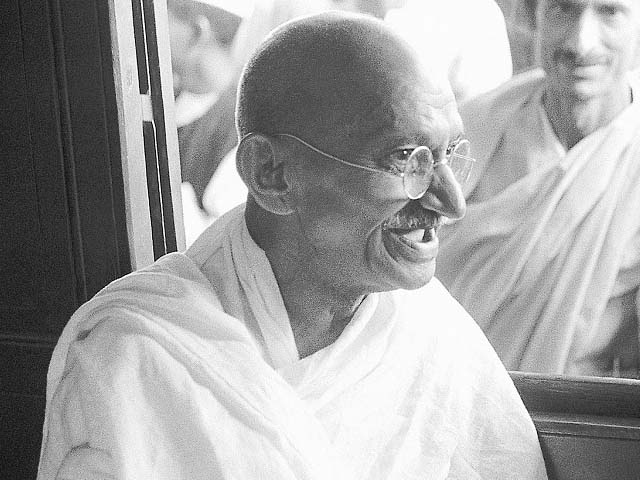
A searing jeremiad from Zehra Nigah to mark the Global Climate Strike
The Global Climate Strike from September 20 to 27 led to massive marches for climate justice around the world last Friday, including one in Pakistan. Meanwhile, the fiery and moving address of the 16-year-old Swedish schoolgirl Greta Thunberg at the United Nations Climate Action Summit in New York earlier this week took the global elite by storm. Yet, in countries like Pakistan, which could face massive droughts by 2025, possibly leading to water scarcity and water wars with our neighbour India, climate change is rarely seen as a pressing matter.
It is worrying that in a country like Pakistan, which is massively dependent on fossil fuels, like oil imported from countries such as Saudi Arabia, the debate over climate change and how it will affect the most vulnerable sections of society has barely broken past the surface. The vagaries of climate change are further compounded by the fact that Pakistan is one of the most populated countries in the world.
While researching for a paper on eco-feminism in Urdu literature, I recently came across a searing jeremiad by one of Pakistan’s greatest feminist poets, Zehra Nigah, on water scarcity and the threat it poses to biodiversity in Thar. This poem, titled Baccha Aur Mor (The Child and the Peacock), subtitled Thar Ki Musalsal Kahani (A Connected Tale of Thar), is from her latest collection of poems Gul Chandni (Jasmine, Sang-e-Meel Publications, 2018), and offers a prophetic window into climate change, which is rare among Pakistani Urdu poets – hence my urgency in wanting to translate it into English to mark the ongoing Global Climate Strike.
 Photo: Raza Naeem
Photo: Raza NaeemNotice how the mother of the eponymous child represents Mother Earth, who insists on protecting both the child and the peacock, thus signifying that climate change threatens all forms of life, whether human or animal, and survival entails creating bonds between both. The horrible denouement of the poem, where water scarcity has emptied the forests, branches and the earth itself, is a sobering reminder of the climate apocalypse which awaits us if we do not heed the call of nature and brave activists like Thunberg.
The Child and the Peacock by Zehra Nigah
The mother taking the child in her lap
Put kohl in his eyes
Tied black thread in his hand
Then said, now come my moon
Let’s go see the peacock dance soon
The child laughed a lot watching the peacock dance
As if in those large eyes
Filling all the peacock’s colours
The light beating of the awakened tiny soft palm
Broke the swaying jungle’s calm.
Mother told me
The peahen is your sister, son
The peacock her husband
Your relation with the peacock is very old
You too must fulfil it
Do not forget
A poisonous storm arrived
The peacock and peahen both died
All the colours of the wings shrunk becoming dusty
The taut proud necks first bent
And then tipping down they went
Hung among the dried branches.
The child lying in the mother’s lap
Pining for water and every food scrap
Died too like the peacock
Left the black string, the wrist dried
The taut neck too tipping down to a side
The soft palm like a bud became barren.
Empty jungle
Empty lap
Empty branches
Empty swing
All the colours of the jungle scattered
All the mother’s children dead, not that it mattered.




COMMENTS
Comments are moderated and generally will be posted if they are on-topic and not abusive.
For more information, please see our Comments FAQ